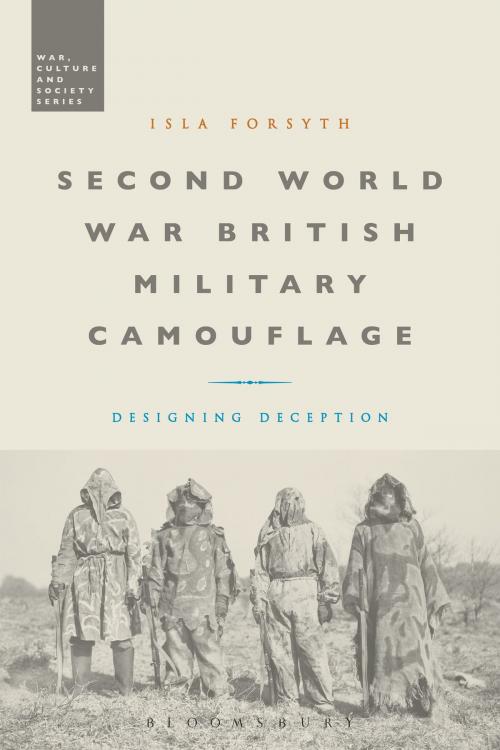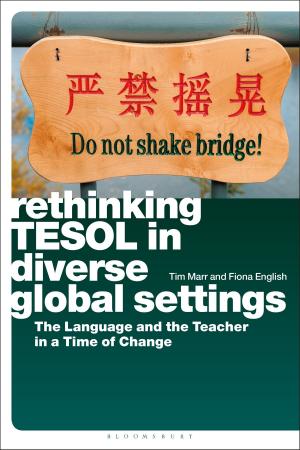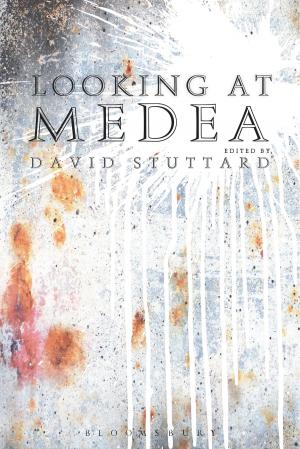| Author: | Isla Forsyth | ISBN: | 9781474222617 |
| Publisher: | Bloomsbury Publishing | Publication: | March 9, 2017 |
| Imprint: | Bloomsbury Academic | Language: | English |
| Author: | Isla Forsyth |
| ISBN: | 9781474222617 |
| Publisher: | Bloomsbury Publishing |
| Publication: | March 9, 2017 |
| Imprint: | Bloomsbury Academic |
| Language: | English |
Second World War British Military Camouflage offers an original approach to the cultures and geographies of military conflict, through a study of the history of camouflage. Isla Forsyth narrates the scientific biography of Dr Hugh Cott (1900-1987), eminent zoologist and artist turned camoufleur, and entwines this with the lives of other camouflage practitioners, to trace the sites of camouflage's developments. Moving through the scientists' fieldsite, the committee boardroom, the military training site and the soldiers' battlefield, this book uncovers the history of this ambiguous military invention, and subverts a long-dominant narrative of camouflage as solely a protective technology. This study demonstrates that, as camouflage transformed battlefields into unsettling theatres of war, there were lasting consequences not only for military technology and knowledge, but also for the ethics of battle and the individuals enrolled in this process.
Second World War British Military Camouflage offers an original approach to the cultures and geographies of military conflict, through a study of the history of camouflage. Isla Forsyth narrates the scientific biography of Dr Hugh Cott (1900-1987), eminent zoologist and artist turned camoufleur, and entwines this with the lives of other camouflage practitioners, to trace the sites of camouflage's developments. Moving through the scientists' fieldsite, the committee boardroom, the military training site and the soldiers' battlefield, this book uncovers the history of this ambiguous military invention, and subverts a long-dominant narrative of camouflage as solely a protective technology. This study demonstrates that, as camouflage transformed battlefields into unsettling theatres of war, there were lasting consequences not only for military technology and knowledge, but also for the ethics of battle and the individuals enrolled in this process.















